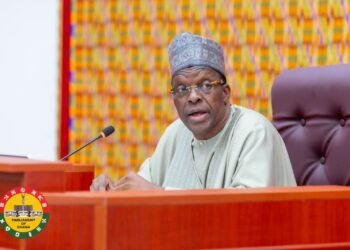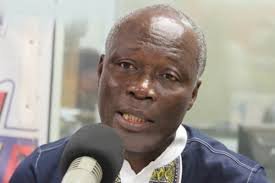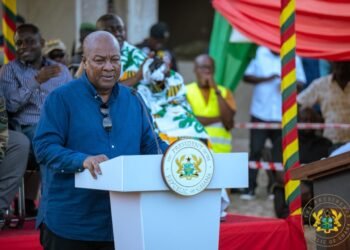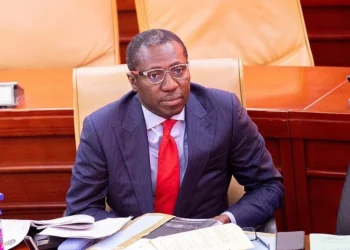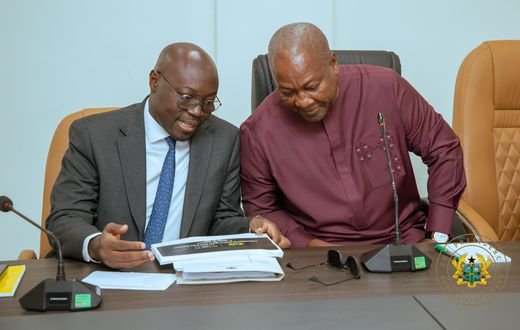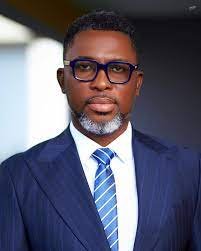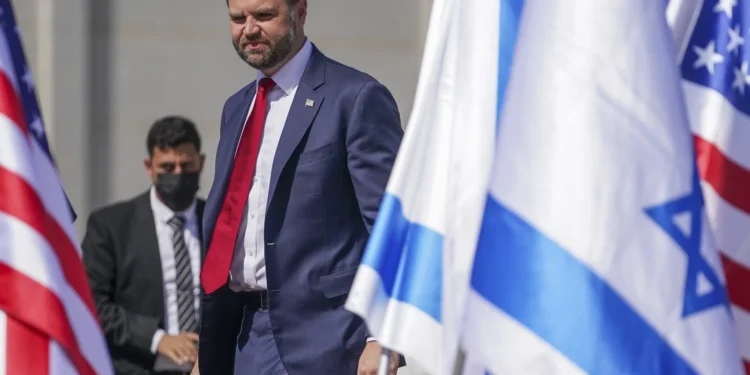Education Minister Hon. Haruna Iddrisu has called for urgent and coordinated efforts between parents and schools to curb the troubling increase in cases of students carrying weapons to school.
He issued the call during the swearing-in ceremony of newly appointed board members of the National Schools Inspectorate Authority (NaSIA) and the National Council for Curriculum and Assessment (NaCCA) in Accra.
“We need to work with parents in order that whilst the students are in school, teachers are vested with absolute right and authority to moderate their behavior and conduct as is expected”
Hon. Haruna Iddrisu, Minister for Education
Describing the trend as deeply worrying, the minister stressed the need for discipline to protect the school environment from violence. According to Hon. Haruna Iddrisu, the increasing cases of students in possession of weapons go beyond mere access.
“It is not about that student having access to the weapon, but the danger of what he can use the weapon for,” he warned. His concern was for other students “who may fall victim to the unacceptable behavior and conduct of that person with the weapon.”

Boards Reconstituted for Effectiveness
The swearing-in event marked a strategic milestone in Ghana’s educational governance framework. With Ghana’s new government, the administration’s educational agenda is expected to receive renewed momentum under these two statutory agencies.
The reconstitution of NaSIA and NaCCA boards is part of broader reforms aimed at addressing both quality and discipline in the country’s educational system.
NaSIA, formerly the National Inspectorate Board (NIB), is responsible for ensuring that both public and private pre-tertiary institutions in Ghana comply with approved standards.
It plays a key role in monitoring, inspecting, and evaluating school performance to support accountability and improvement in learning outcomes. NaSIA’s role also includes certifying schools, publishing inspection reports, and advising the Ministry of Education on school quality issues.
NaCCA, on the other hand, is the statutory agency responsible for curriculum development, review, and reform across the country’s pre-tertiary education system.

Its function includes ensuring that Ghana’s curriculum aligns with national goals and is responsive to the demands of the global knowledge economy. NaCCA also oversees the approval of textbooks and learning materials and provides guidance on educational assessments.
Speaking at the ceremony, Hon. Haruna Iddrisu underscored the importance of these two institutions in shaping the character and capacity of Ghana’s learners. He urged the new board members to see their roles as central to protecting children and creating safe spaces for growth and development.
Parental Responsibility
Beyond the institutional roles of NaSIA and NaCCA, the Minister made a passionate appeal to parents, emphasizing the critical link between the home and school in maintaining discipline. “We expect that parents will cooperate with school management and help in ensuring and facilitating discipline,” he stated.
Hon. Haruna Iddrisu called for a decisive and unified front to prevent potential tragedies in schools. “In order to protect the students, we must act decisively,” he emphasized, pointing to the collective responsibility of all stakeholders in education.
The Minister’s remarks follow recent disturbing incidents in several parts of the country where students were found with knives and other weapons on school premises. In at least one case, a minor altercation resulted in serious injury, highlighting the pressing need for immediate intervention.
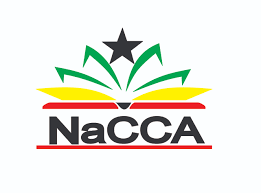
With the new boards of NaSIA and NaCCA sworn in, stakeholders expect a renewed push toward a more secure, disciplined, and academically productive environment in Ghana’s schools.
The government has prioritized education as a cornerstone of national development, with the Ministry of Education pledging to address both structural and behavioral challenges within the sector.
As the school year continues under the 2025 administration, Hon. Haruna Iddrisu’s charge sets the tone for stricter enforcement of school rules, improved parent-teacher coordination, and enhanced oversight from regulatory institutions.
The ultimate goal remains clear: safeguarding the lives and futures of Ghana’s “young learners” while ensuring schools remain centres of discipline, learning, and hope.
READ MORE: Fuel Prices See Mixed Adjustments




